SGGP
According to a report recently released by the International Monetary Fund (IMF), fragile and conflict-affected countries (FCS) are more severely affected by climate change and have less ability to mitigate those impacts.
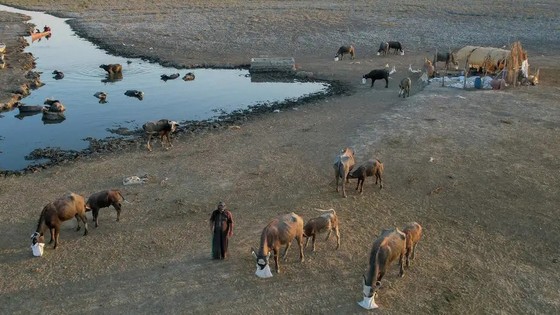 |
| Drought and conflict in Iraq, a country in the FCS, further exacerbate poverty |
About one-fifth of the world’s countries are classified as FCS, with a population of nearly 1 billion. The majority of these countries are in Africa, and include some of the countries least responsible for man-made climate change, as their carbon emissions are lower than those of European and North American countries or other large emitters.
Most FCS rely on agriculture, making them vulnerable to extreme weather events caused by climate change, the IMF report said. They are also prone to conflict, hampering their ability to recover from natural disasters (on average, once every four years). This situation is expected to worsen as the Earth’s temperature continues to rise. By 2040, FCS will see 61 days of temperatures above 35 degrees Celsius compared to just 15 days expected in other countries.
According to the IMF, although climate shocks may not cause new conflicts, they exacerbate the intensity of conflicts. The IMF estimates that FCSs will lose about 4% of GDP three years after extreme weather events (the figure is only about 1% in other countries). Droughts in FCSs reduce annual GDP growth per capita by about 0.2%.
The IMF predicts that if the world continues on its current high emissions trajectory, deaths from conflict and natural disasters in FCS could rise from 8.5% today to 14% of all deaths by 2060. Because FCS tend to be heavily dependent on agriculture, changes in weather patterns, such as increased droughts, will reduce food production, increase inflation, and push an additional 50 million people into hunger by 2060.
In this context, the IMF calls on FCSs to adopt climate-smart agriculture policies, including: climate-smart agriculture, scaling up social spending and climate-resilient infrastructure, and strengthening social safety nets. The IMF itself is stepping up its support for FCSs facing climate challenges through policy advice, financial support, and capacity development.
The IMF also called on the international community to step up support for FCS. Otherwise, the spillover effects could be more severe, including more forced displacement and migration to other countries. African countries have been urgently calling on richer countries to help pay for climate adaptation and energy transitions.
From the Central African Republic to Somalia and Sudan, these countries are more exposed to floods, droughts, storms and climate-related shocks than other countries, despite causing climate change the least. Each year, three times more people are affected by natural disasters in FCS than in other countries.
Source


![[Photo] President Luong Cuong offers incense to commemorate Uncle Ho at House 67](https://vstatic.vietnam.vn/vietnam/resource/IMAGE/2025/4/28/162df748c87348e1821cc4c83745a888)

![[Photo] General Secretary To Lam receives Secretary General of the Mozambique Liberation Front Party](https://vstatic.vietnam.vn/vietnam/resource/IMAGE/2025/4/28/360d46b787c547bbaa5472c490ddeded)
![[Photo] President Luong Cuong receives Japanese Prime Minister Ishiba Shigeru](https://vstatic.vietnam.vn/vietnam/resource/IMAGE/2025/4/28/44f0532bb01040b1a1fdb333e7eafb77)
![[Photo] Enjoying the experience of enjoying specialty coffee](https://vstatic.vietnam.vn/vietnam/resource/IMAGE/2025/4/28/cb4f5818052e479392e8b3ad06cb1db0)



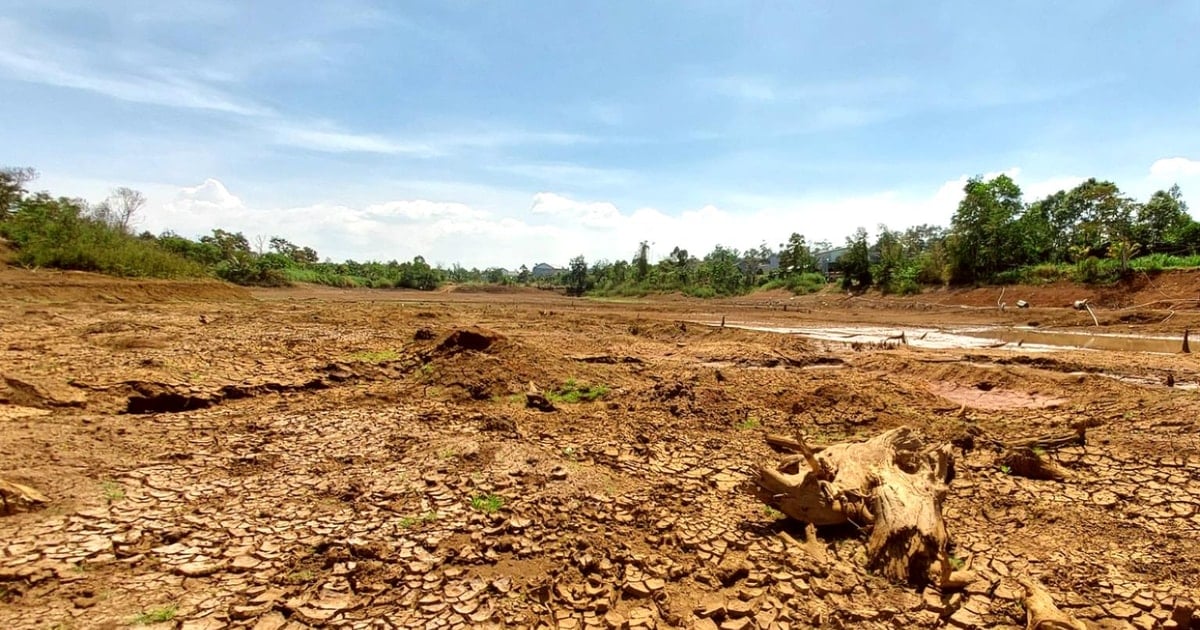

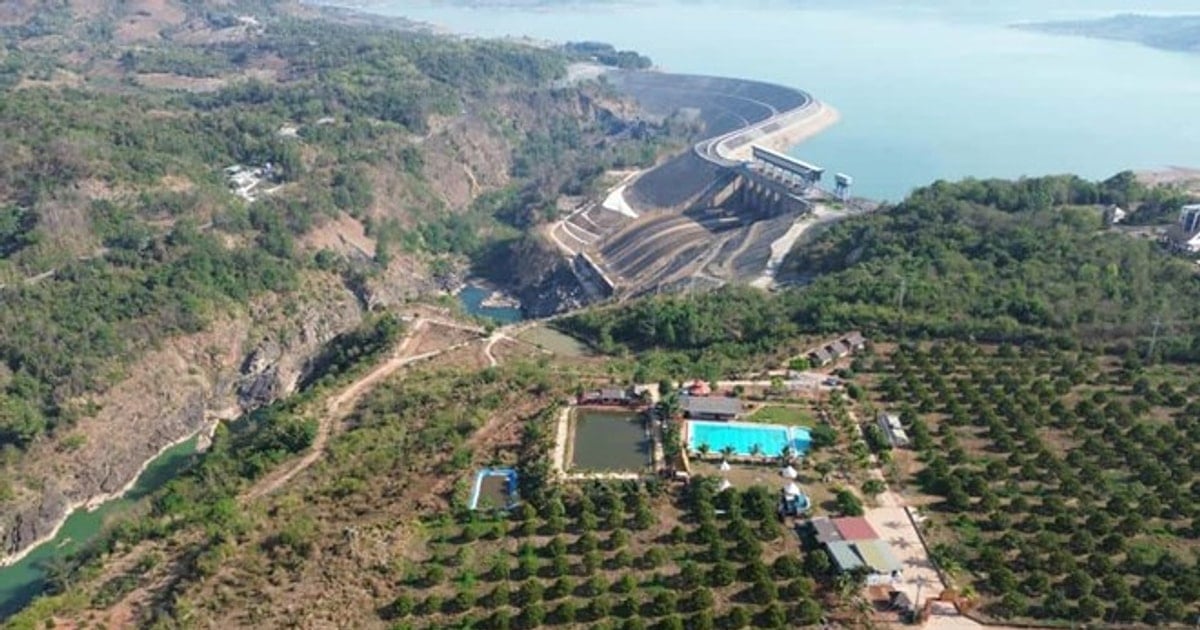
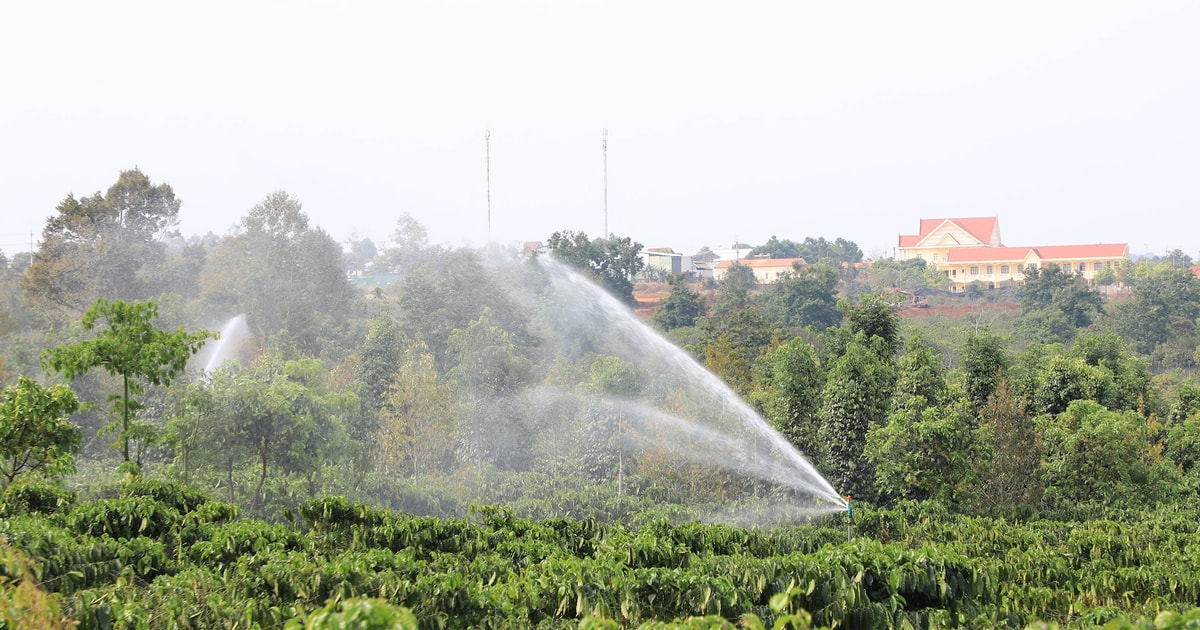
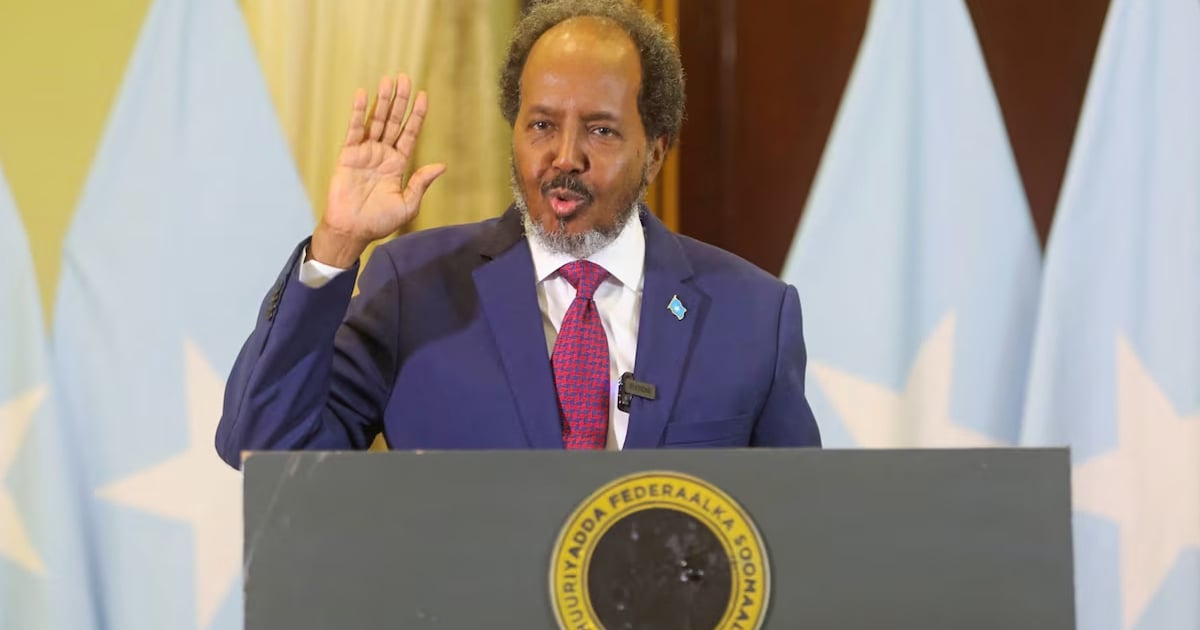

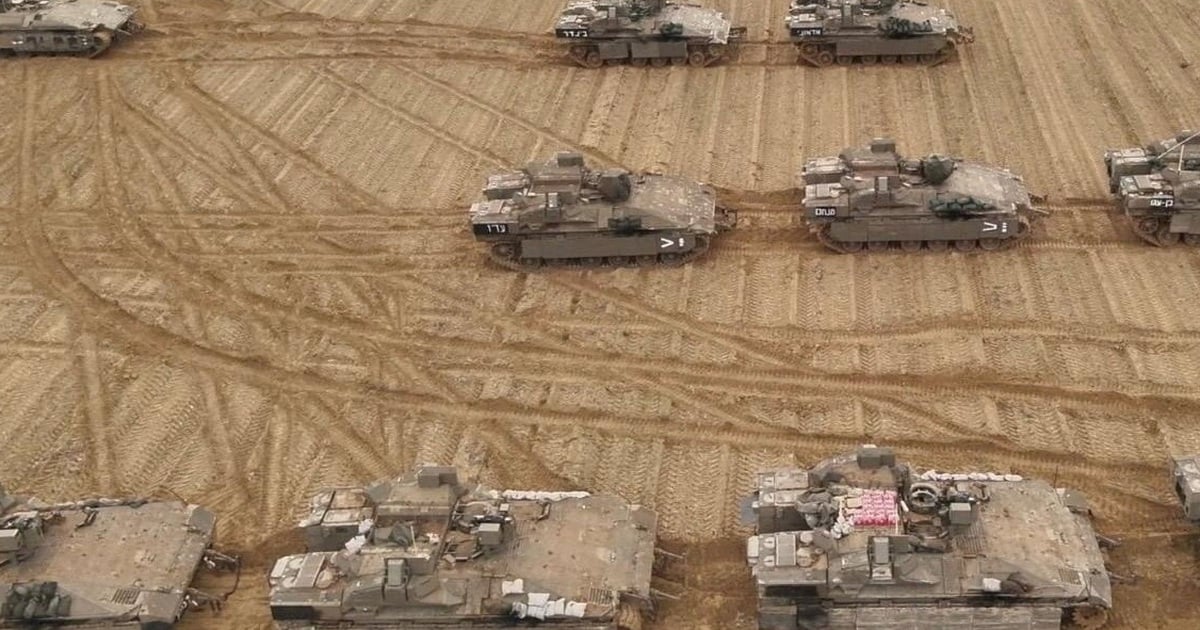
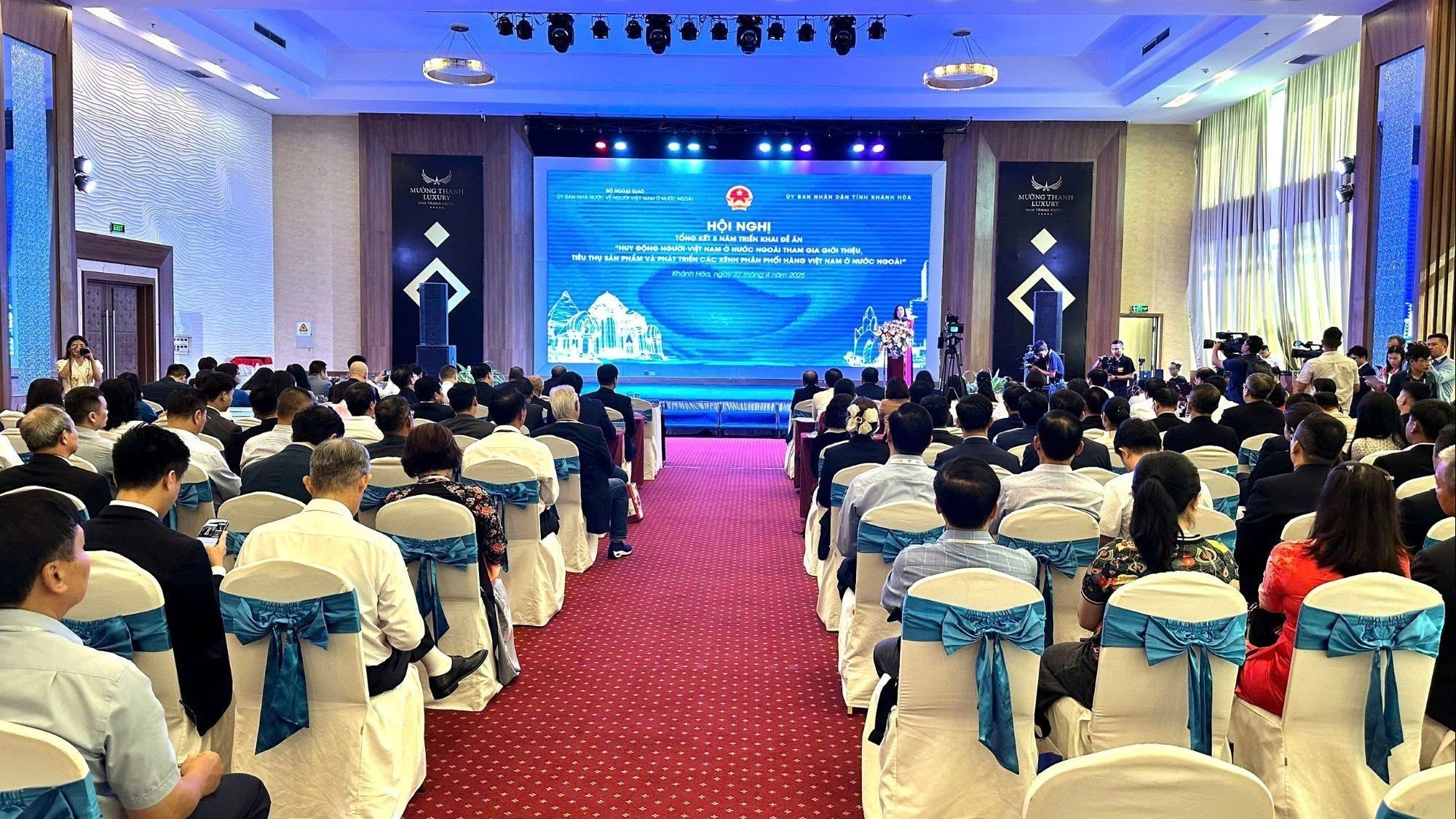
![[Photo] General rehearsal of the parade to celebrate the April 30th holiday](https://vstatic.vietnam.vn/vietnam/resource/IMAGE/2025/4/27/108ed9566ab24a16a67429edcafccac2)
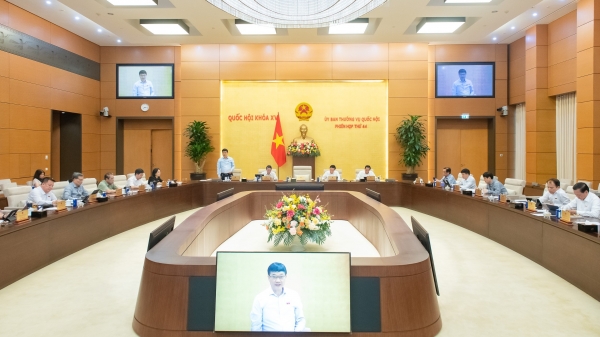
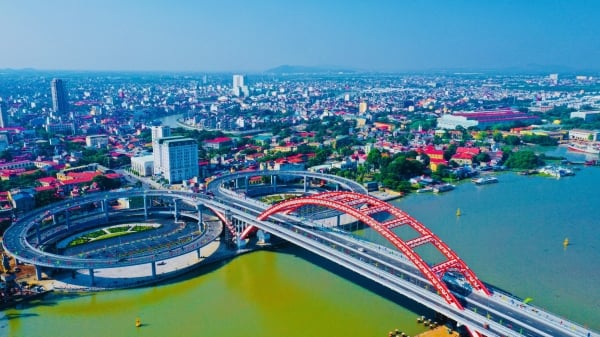

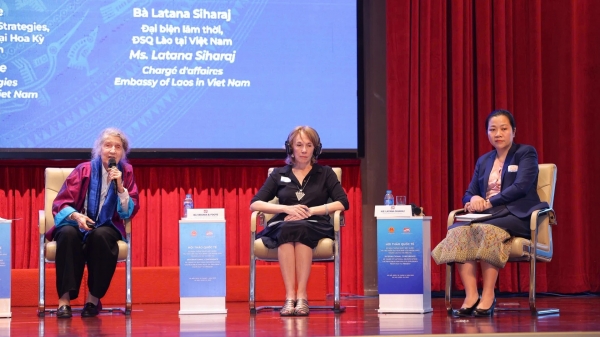


























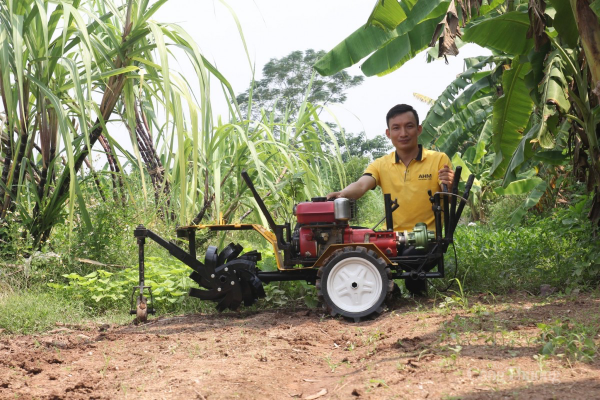








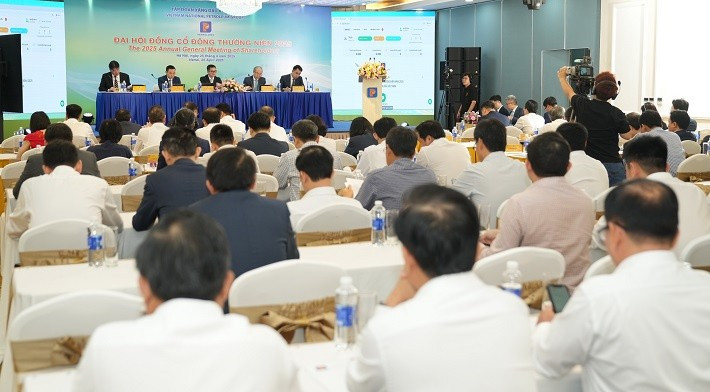






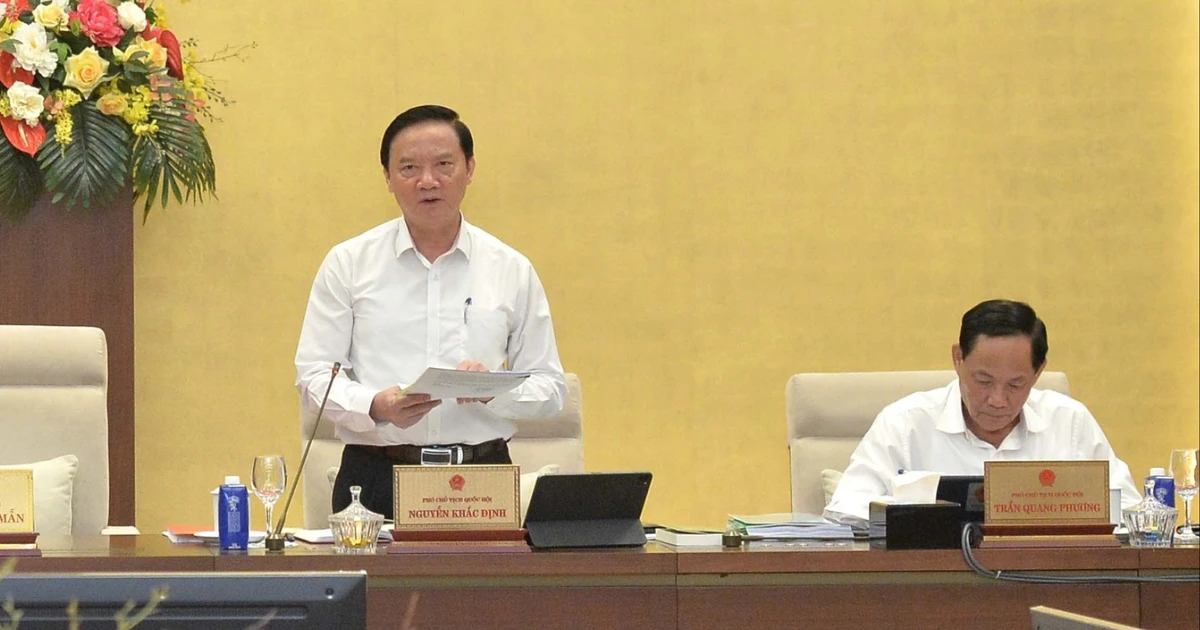


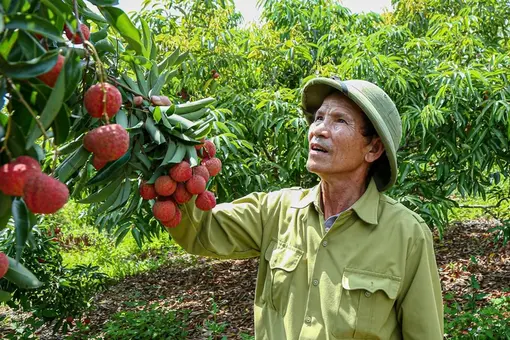

















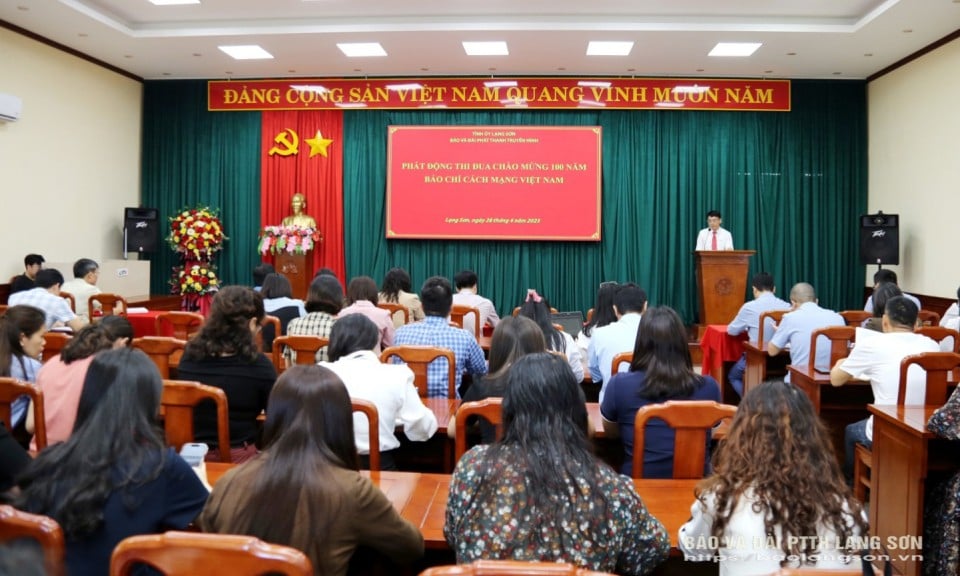













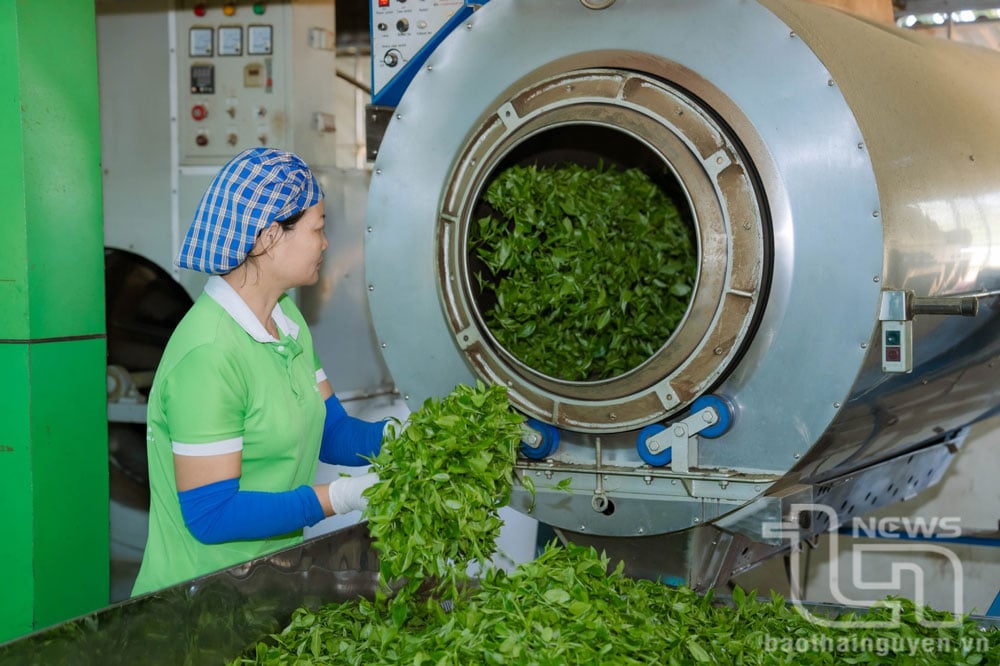

Comment (0)